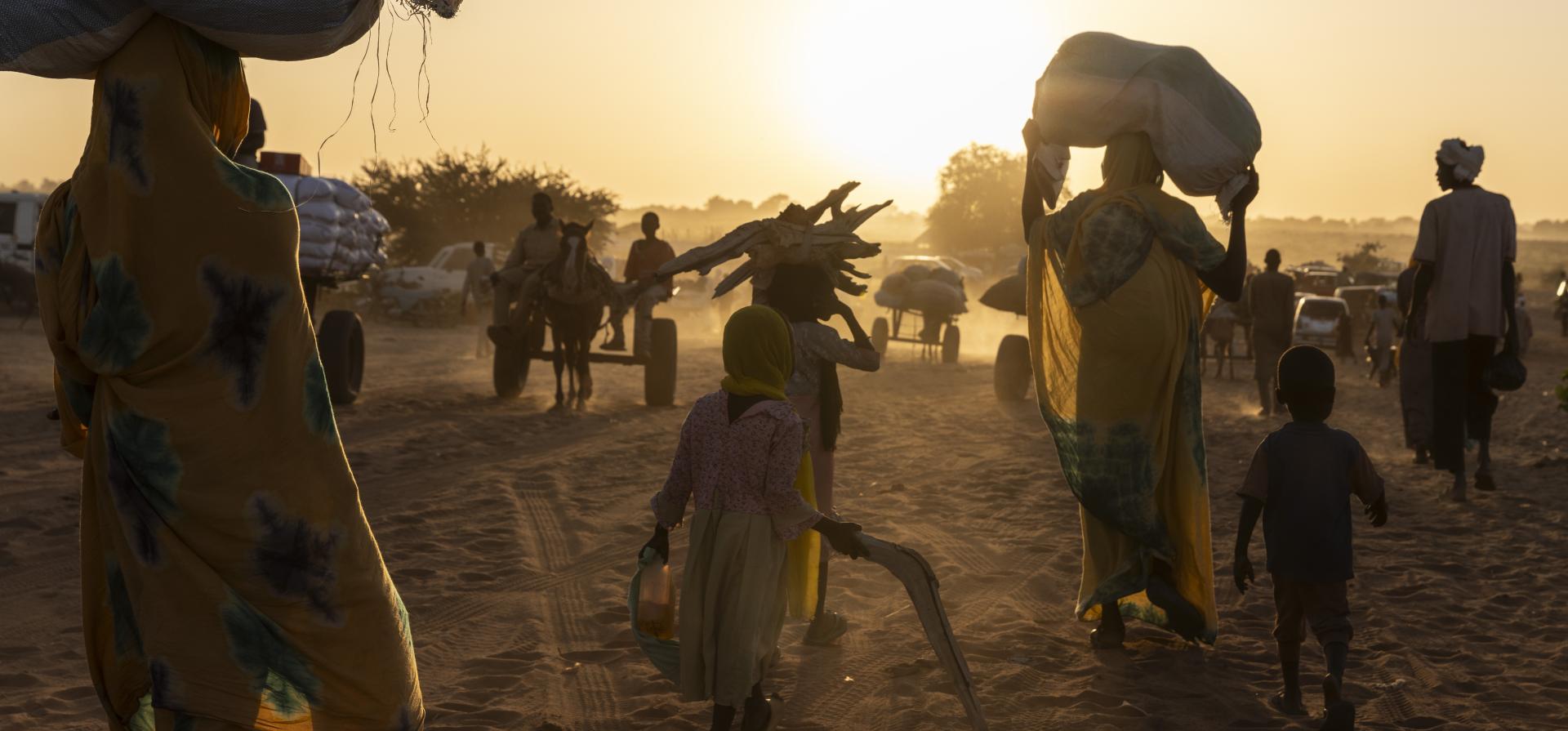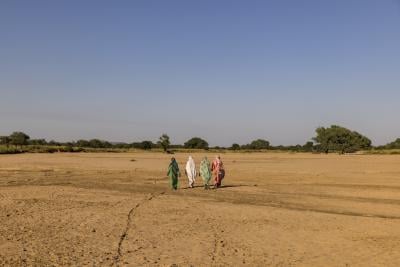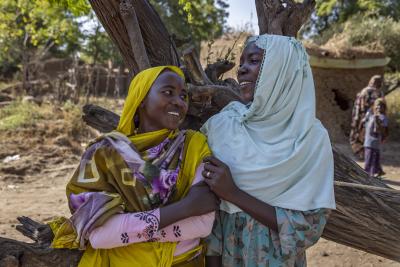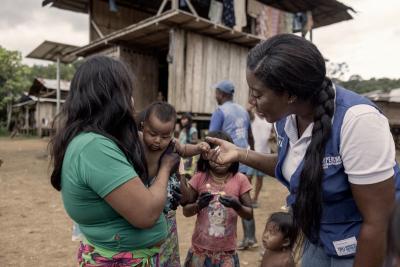
"In the last few months, conflict, persecution, and violence have forced millions to flee their homes – in Sudan, Ukraine, and most recently in Lebanon. Millions more have been displaced for years, decades even, having fled bloodshed and instability, from Myanmar to the Democratic Republic of Congo, and many other places in between.
This Global Appeal 2025 describes how, against this backdrop, and with few solutions on the horizon, we expect forced displacement and statelessness to evolve in the coming year, what we plan to do about it, and why your support is more needed than ever"
Filippo Grandi, UNHCR High Commissioner [read the full foreword]
What will you find in this Global Appeal?
Our funding requirements
This section explores UNHCR's funding requirements for 2025. We count on your support to help us do our part to deliver assistance and protection, alleviate human suffering, and move into a better future.
Our impact
This section examines four overarching "Impact Areas" where UNHCR wants to see positive changes in the lives of forcibly displaced and stateless people.
Our focus
This section covers areas of strategic focus for UNHCR, including climate action, addressing internal displacement and statelessness, working with development partners, ensuring accountability to affected populations and advocating alternatives to dangerous journeys.
Our outcomes
This section examines what UNHCR wants to achieve in 2025 showing various activities in 16 "Outcome Areas", with targets, budgets and possible challenges.
Our support and management
This section covers the support and management functions needed to run UNHCR's programmes and help the organization work more efficiently and effectively. It includes a section on UNHCR's strategic partnerships.
In addition to offering a global overview of our planning for 2025, we also provide in-depth analysis at the regional, situational, and country levels.
Regions
Situations
Country Operations
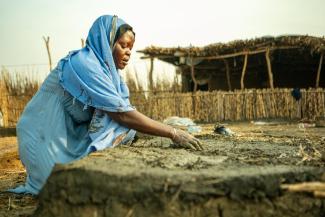
Limiya | A Sudanese refugee in South Sudan
When violence erupted in Khartoum in April 2023, Limiya Daud thought at first that it was just another protest. She soon realized it was far more serious. Limiya and her children left their home that evening, heading south on foot to the city of Kosti.
“We didn't want to leave Sudan. It wasn't until a bomb fell on our neighbour's house, that we decided to leave.”
The family later continued further south and crossed the border into South Sudan, arriving at a transit centre in the town of Renk, which was receiving around 1,000 people daily. UNHCR helped the family move 300km to an established refugee camp in Maban county, where she was able to start a business selling food, which helped to provide for her children.
“Things are difficult, but I wish my children can get a good education, good health care and security here.”
See the video. © UNHCR/Samuel Otieno
Snapshot from our data
Download the 2024 snapshot and 2025 snapshot (planning figures).
2025 Budget breakdown
Major budgets over the years
Where have people fled to over the past 10 years?
2025 Top 10 hosting countries
Major hosting countries
Downloads
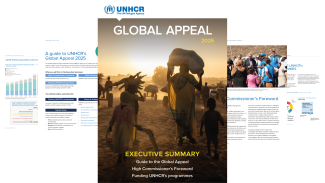
Explore the data and country narratives underlying the global picture, or download the Executive Summary for an overview of the content of this Global Appeal.
Download the Executive Summary in your preferred language:
Read more about UNHCR areas of work:
Download core outcome indicators information
Explore detailed country planning
Please contact us if you have research or other questions about our data and analysis.
The maps in this appeal do not imply the expression of any opinion on the part of UNHCR concerning the legal status of any country or territory or area, of its authorities, or the delimitation of frontiers or boundaries. Data in this report are drawn from the most recent statistics available to UNHCR, and from other United Nations agencies.
Launch event
The Global Appeal 2025 was officially presented during the annual Pledging Conference on 3 December 2024, where donors were invited and encouraged to show their support for UNHCR's work by announcing financial commitments for the coming year.
The session included a presentation of UNHCR's financial needs for 2025, and statements from Member States.
